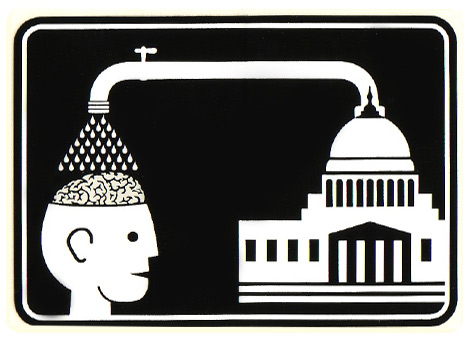In recent years, the Internet has reached an all time high in popularity. You could strongly argue that it has become an essential part of our lives. The majority of our youth today has becoming fully invested in the Internet, allowing us access to it’s wide range of services. The Internet has not only become popular within our younger generation, but it has also started to creep its way into the daily lives of our much older generation (Grandparents, Senior Citizens).
Nowadays, the Internet offers many different services to our older generation. Dating sites, chatrooms, forums, and discussion boards have been set up all over the Internet with the sole purpose of attracting senior citizens. Popular websites such as overfifties.com, and seniormatch.com offer a wide range of services that are specifically targeted towards the older generation. These sites provide our seniors with a new lease on life, allowing them to make new friends, create new relationships, and possibly find love. With recent changes in attitudes, senior online dating has become increasingly common. Seniormatch.com is the “best dating service for senior singles, senior widows, senior widowers, senior admirers and senior friends to share golden times.”
Online romance has become extremely popular throughout the older generation. The Internet has allowed its users instant access to a whole new world. This world is full of alot of lonely older people who are looking for something to fill their days. This new medium is providing them with something to look forward to, allowing them to brighten up their days. A 62 year old woman named Marilyn Rogers, describes herself online as a “1950s model that has a few dents and dings”. Some days Marilyn receives up to 200 messages; it is these messages that have given Marilyn her new found confidence.
The Internet has provided our older generation with a new way of finding love, one that allows immediate communication from the comfort of the user’s living room. The Internet is not only affecting our lives, it is creeping its way into the lives of all ages. The Internet has reached the lives of a generation, that isn’t always so accessible. It has provided them with the ability to communicate with their peers, bringing them certain joys that previously weren’t as accessible. Romance is just one of the many services that the Internet has provided our older generation with.




